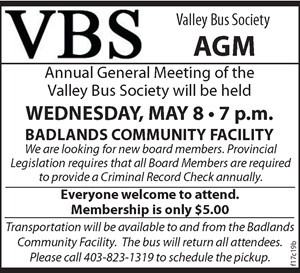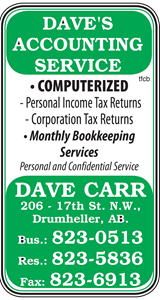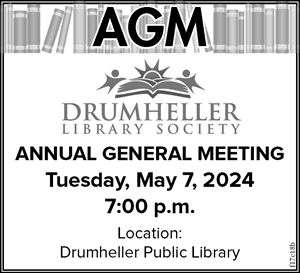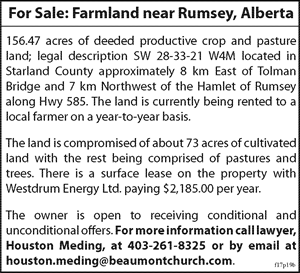
The province is mapping out the next steps towards a $15 minimum wage by 2018 and announced Thursday that minimum wages will rise again in October.
Alberta’s general minimum wage will increase $1.00 to $12.20 per hour and the current liquor server rate will be removed, effective October 1.
Minimum wage will rise a further $1.40 to $13.60 per hour in October 2017, and by another $1.40 to $15 per hour in October 2018.
The increases fulfill campaign promises made by the NDP government to provide livable wages for the nearly 300,000 Albertans who earn minimum wage.
“Albertans who work full time should be able to live with dignity, and that means being able to afford rent, food, and transportation for their families,” said Alberta Labour minister Christina Gray.
But the move has drawn criticism from both the Alberta Chambers of Commerce (ACC) and the Drumheller and District Chamber of Commerce (DDCC).
“There’s certainly concern from the community over the increasing costs of business and how that negatively impacts them,” said DDCC executive director Heather Bitz.
“The economic conditions right now are not great – the declining Canadian dollar and oil prices have hurt business and the increased costs of a rising minimum wage are just an added expense to that.”
That message comes down from the ACC, who recommended in a report submitted to the Government of Alberta that the province delay implementation of a minimum wage increase until all options have been explored and the province’s new economic realities have been considered.
DDCC president Shelley Rymal reiterated that message in a letter to Drumheller-Stettler MLA Rick Strankman last week.
“The chamber federation firmly believes that an increase in minimum wage should not be implemented until Alberta’s economy recovers. The proposed increase… is impractical and, if implemented, will have devastating results on small and medium enterprises in Alberta,” Rymal wrote.
“We need to look at other ways to support minimum wage earners that isn’t solely focused on businesses sharing that cost,” said Bitz.
The ACC conducted a poll in February of this year and found that nearly 80 per cent of respondents, 7 per cent of which were Drumheller businesses, experienced negative changes to their businesses after minimum wage was increased last October from $9.20 to $10.70 per hour. The top five changes were identified as: reduced profits, increased prices, reduced number of workers employed, higher pay for workers being paid above minimum wage and limited promotions and advancements for existing employees.
The report indicates that the increase in October 2015 had resulted in an average additional cost of $21,456 to businesses, with an average cost per employee of up $835.76 per year.
Almost 300,000 Albertans earn less than $15 per hour, and the vast majority (222,900) are not students. Of those, 78 per cent are permanent employees, 62 per cent are women, and 38 per cent are families with children.
An effective minimum wage of $12.91 per hour would be the highest in Canada, followed by $12.50 per hour in the NWT and a distance $11.25 per hour in Ontario.



























